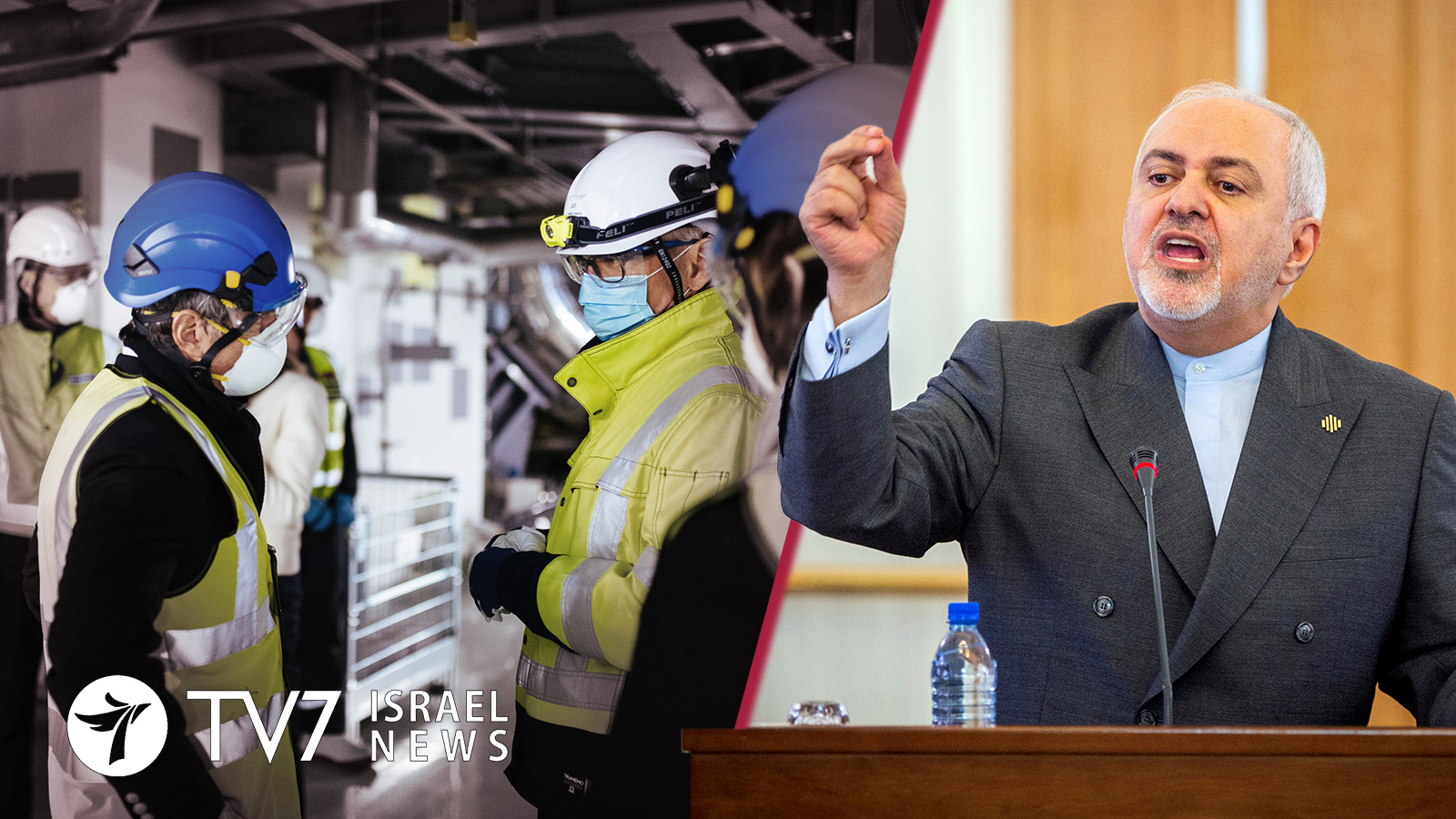Iran has declared its intention to dramatically scale back cooperation with the International Atomic Energy Agency (IAEA) in less than one week, as the latest violation of its nuclear obligations.
The move would mark the Islamic Republic’s application of the “Additional Protocol” permitting short-notice inspections in accordance with its Safeguards Agreement with the IAEA – which Tehran signed but never officially ratified. That agreement was drawn up in tandem with Iran’s core commitments to the 2015 Joint Comprehensive Plan of Action (JCPOA) nuclear deal with six world powers, which lifted international sanctions in exchange for curbs on Iranian nuclear development.
“Iran informed the IAEA on 15 February that the country will stop implementing voluntary transparency measures under the JCPOA as of 23 February, including the Additional Protocol,” read a report the United Nations nuclear watchdog organization to its member states yesterday.
The report detailed seven additional commitments Iran proclaimed it will stop implementing, several of which were worded very similarly to section headings in the text of the deal.
“Use of modern technologies and long-term presence of IAEA” was one item – which closely matches part of the accord that increased the number of designated IAEA inspectors for Iran.
It also required Tehran to allow the use of technologies, such as the online measurement of uranium enrichment and electronic seals, which enabled the remote, real-time monitoring of activity by the agency.
“Transparency measures related to enrichment” was another measure the Islamic Republic said it would nullify, pertaining to the granting of “regular” and even “daily” access to its main uranium enrichment site at at Natanz if requested by the IAEA.
The United Nations nuclear watchdog also included in its report earlier comments from a letter Director General Rafael Grossi sent to Iran earlier yesterday. “Given the serious impact of the above-mentioned measures being implemented,” the IAEA chief reiterated his offer to visit to “find a mutually agreeable solution for the agency to continue essential verification activities.”
Germany is urging Iran to pursue a diplomatic resolution to the dispute rather than obstructing IAEA inspections, which it warned would be “completely unacceptable,” according to a diplomatic source in Berlin cited by Reuters.
Iran has accelerated its violations to the JCPOA in recent months, partly as demanded by a law passed in response to the November 2020 assassination of its top nuclear scientist Dr. Mohsen Fakhrizadeh, which Tehran has attributed to its arch-foe Israel.
The breaches began after the United States withdrew from the JCPOA in 2018 under then-President Donald Trump, who re-imposed harsh sanctions on Iran.
The Islamic Republic now ratcheting up its violations of the deal in protest against the punitive measures that are still choking its economy, while locked in a stalemate with President Joe Biden’s administration over who should move first to revive the nuclear agreement.
Earlier this month the IAEA confirmed that Iran is now in the process of producing uranium metal, which can be used to make the core of an atom bomb.
